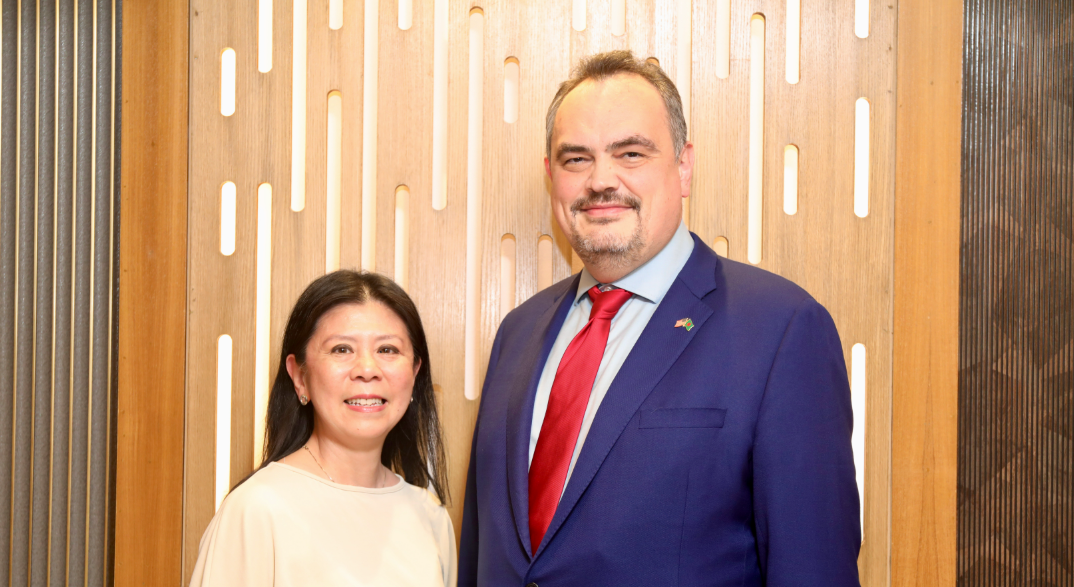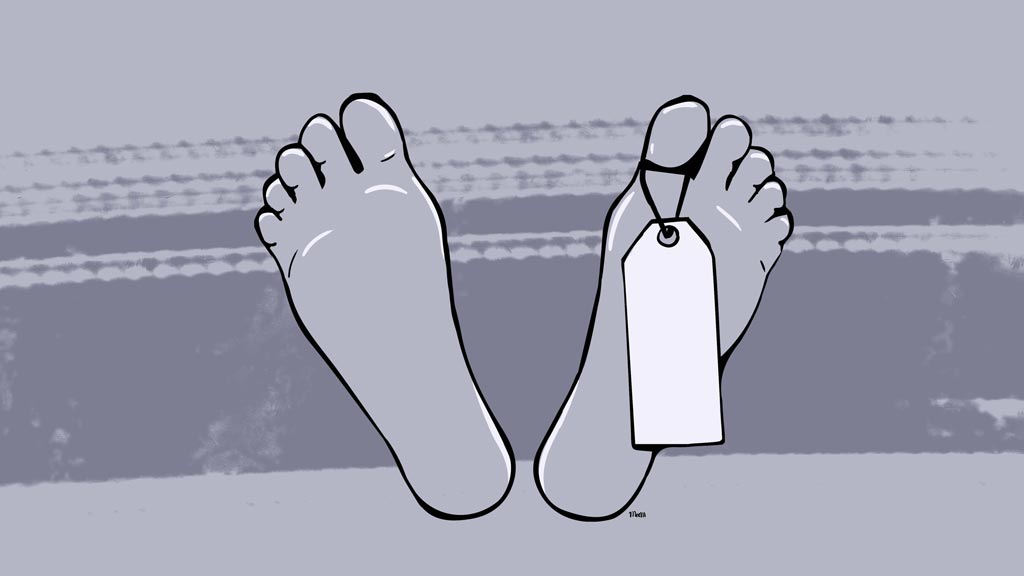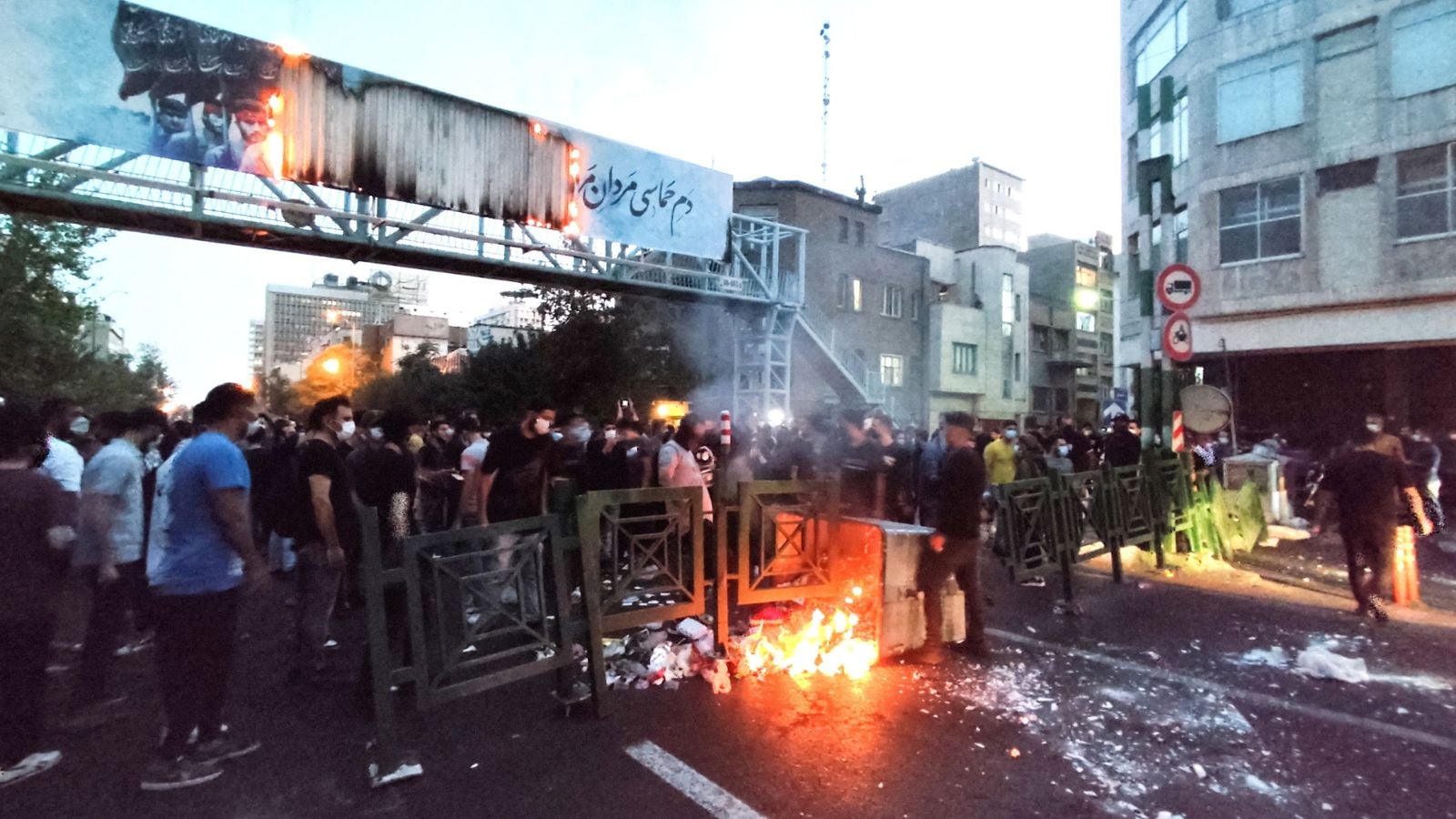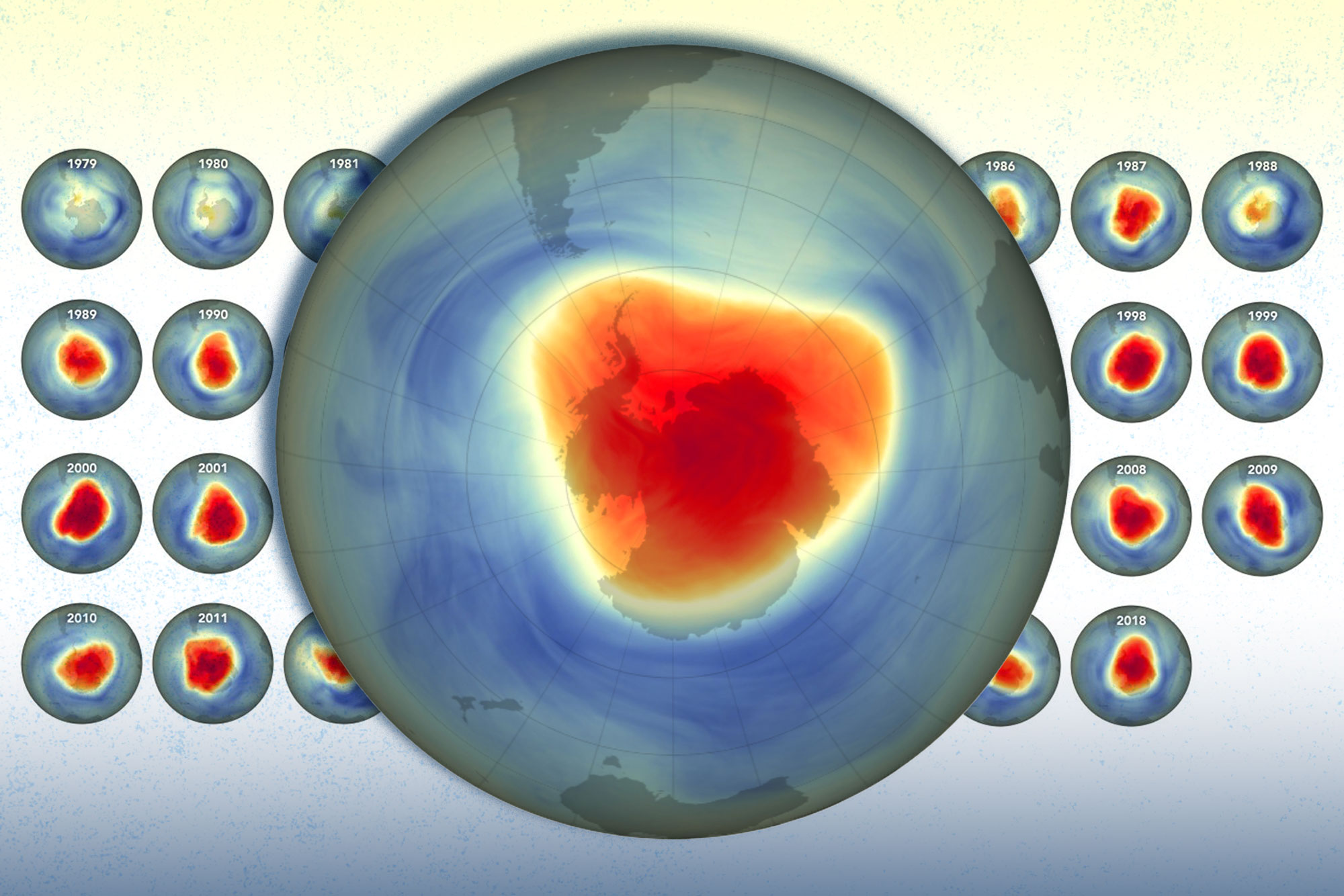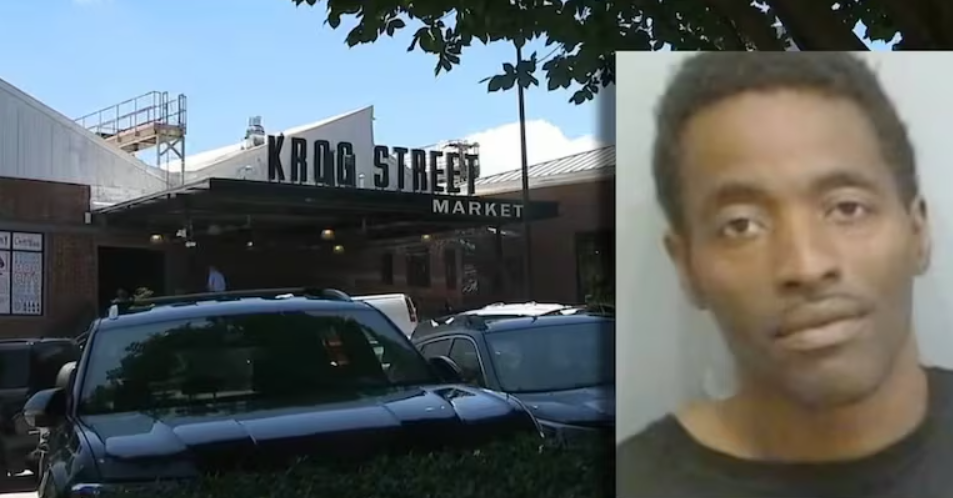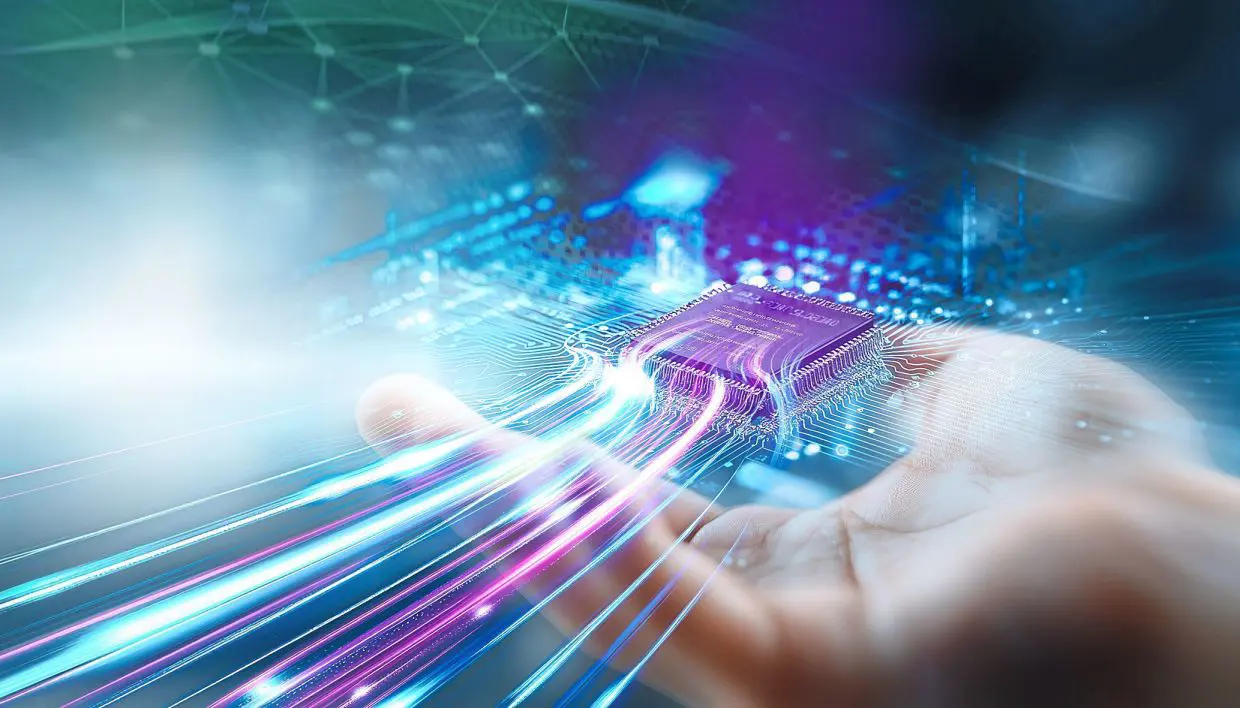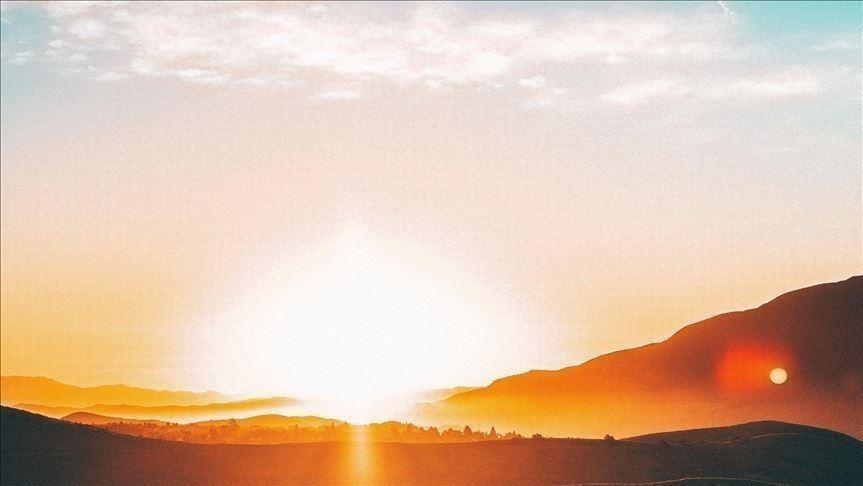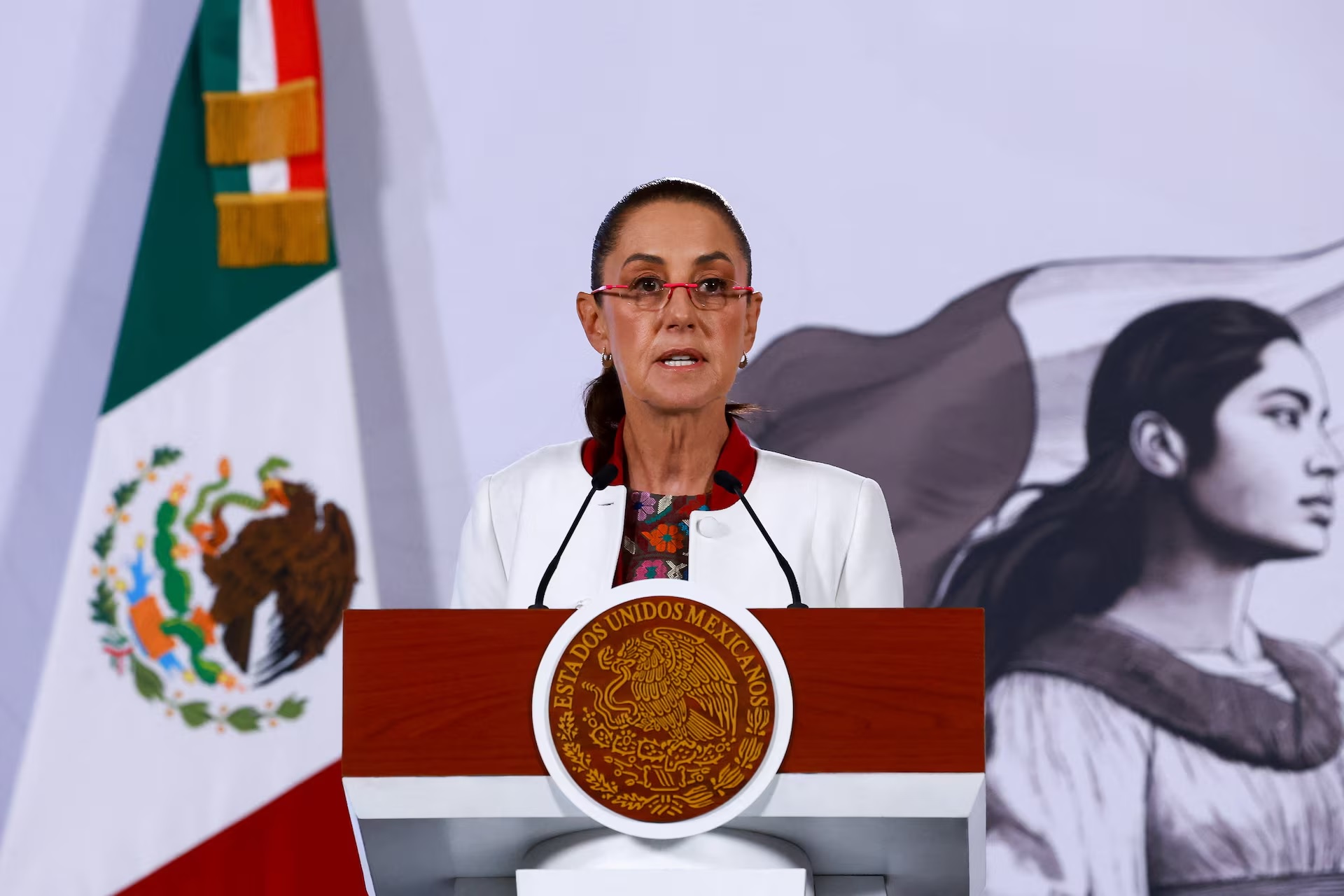BOLLYWOOD VS AI: STARS SEEK COURT-BACKED SHIELDS FOR VOICE AND LIKENESS

Deepfakes, consent and platform liability
Top Bollywood names have moved courts to protect their voice and image from AI cloning, arguing that deepfakes and synthetic voice-overs are spreading across major platforms without consent. Petitions call for clearer rules on watermarking, provenance tags and faster takedowns, with YouTube named in filings that describe monetized impersonations and spoof ads. Lawyers say existing statutes cover passing off and privacy, but judges may need to outline explicit personality-rights tests for an age of generative models. For an industry that banks on star equity and brand endorsements, the reputational and financial risks are immediate.

What a legal blueprint could change for fans and studios
If courts back performers, expect structured permissions for training data, standardized labels for AI-altered clips and penalties for repeat violators. Studios are already drafting tighter “scan-and-train” clauses, while unions push for compensation formulas when digital doubles are used. Fans will still see parody and mashups, but clearer consent and audit trails could curb scams and misleading political edits. India’s decision could ripple through multilingual markets where celebrities sell across streaming, short video and advertising, forcing platforms to share more enforcement data with rights holders.



